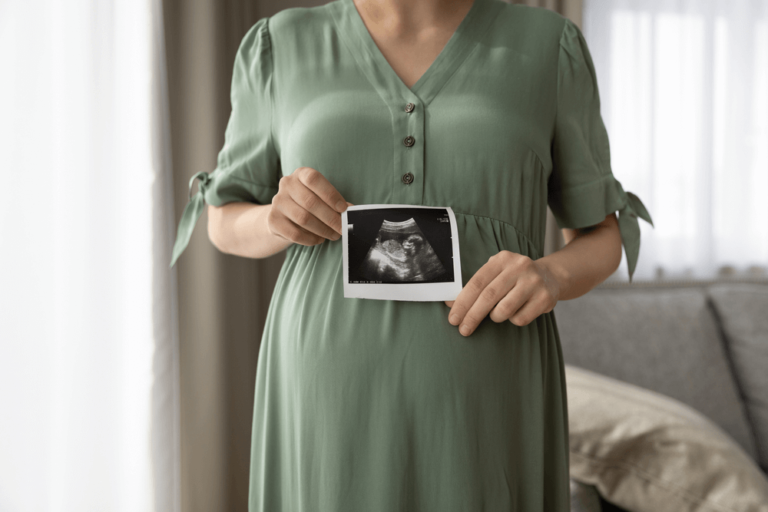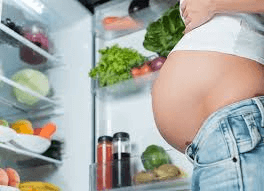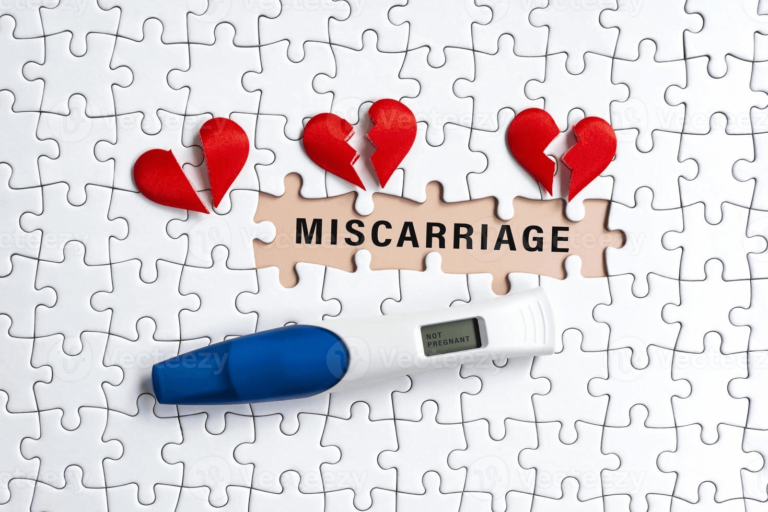What are food aversions, and why does appetite change during pregnancy?

Understanding Food Aversions and Appetite Changes During Pregnancy: Causes, Tips, and Nutritional Advice
Food aversions, a sudden and intense dislike for specific foods, are a common experience during pregnancy. Many women find that their usual food preferences change, and in some cases, the taste and smell of certain foods can trigger nausea or discomfort. Alongside these aversions, pregnant women may also experience food cravings—an overwhelming urge to eat specific foods. These changes can make maintaining a balanced diet during pregnancy challenging but manageable with the right strategies.
What Are Food Aversions?
A food aversion is a strong, sometimes overwhelming, dislike for a certain food that previously might have been a normal part of your diet. During pregnancy, food aversions can be accompanied by nausea or gagging at the mere thought or smell of the offending food. These aversions often coincide with changes in taste and smell, making some foods unbearable.
Why Does Appetite Change During Pregnancy?
Changes in appetite during pregnancy, including both food aversions and cravings, are normal. Hormonal shifts are believed to be the primary cause, especially during the early stages of pregnancy. These appetite changes can occur at any time and may vary from one pregnancy to another.
When Do Food Aversions Typically Start and End?
Food aversions often appear in the first trimester and may continue throughout the pregnancy. They are closely linked to the nausea many women experience, also known as morning sickness (though it can happen at any time of day). If nausea and aversions are making it difficult to eat well, it’s important to consult a healthcare professional, especially if you are experiencing:
- Persistent vomiting
- Inability to keep food or liquids down
- Significant weight loss
Common Food Aversions During Pregnancy
Food aversions can vary widely from person to person, but some common triggers during pregnancy include:
- Alcohol
- Coffee and tea
- Meat
- Fatty or greasy foods
- Spicy foods
- Eggs
- Foods with strong smells
Interestingly, foods that were once favorites may suddenly become unappealing, while foods you previously disliked could become cravings. This shift is unpredictable and can change at any point during the pregnancy.
What Causes Food Aversions?
The exact cause of food aversions during pregnancy isn’t fully understood, but several factors are likely involved:
- Hormonal Changes: Hormones, particularly human chorionic gonadotropin (hCG), increase rapidly in early pregnancy. This hormone is linked to nausea and may also influence taste and smell sensitivity.
- Heightened Senses: Pregnancy can increase sensitivity to certain smells and tastes, which may explain why many women develop aversions to strong-smelling or bitter foods.
- Protective Mechanism: Some researchers believe food aversions could be a protective mechanism to avoid potentially harmful substances during pregnancy. Certain cravings or aversions might also signal nutritional deficiencies, encouraging pregnant women to seek out healthier foods for their baby’s development.
How to Maintain a Healthy Diet Despite Food Aversions
A healthy, balanced diet is crucial during pregnancy, even if food aversions make it difficult. The key is to ensure that you’re getting a variety of nutrients from different sources. Focus on including foods from these five essential food groups:
- Vegetables and legumes
- Whole grains and cereals
- Dairy or dairy alternatives (e.g., milk, yogurt, cheese)
- Lean protein sources (e.g., meat, poultry, tofu, nuts, seeds)
- Fruits
If you have a strong aversion to a food that is nutritionally important, consider finding alternative sources of the same nutrients. For example, if you can’t stand meat, plant-based proteins like tofu, nuts, and seeds can help fill the gap.
If you’re following a vegan or vegetarian diet, you might need to work with a dietitian to ensure you’re getting enough nutrients, such as protein, iron, and B12.
Essential Nutrients to Focus On During Pregnancy
Maintaining a balanced diet during pregnancy is essential for both the mother’s and baby’s health. While food aversions might make this difficult, it’s important to ensure you’re getting the right nutrients to support your baby’s growth. Here are the key nutrients to prioritize:
- Folate (Folic Acid): Crucial for brain development and preventing neural tube defects. Folate-rich foods include leafy greens, broccoli, legumes, and fortified cereals.
- Iodine: Essential for brain development and thyroid hormone production. Sources of iodine include low-fat dairy products, eggs, and cooked seafood. If you add salt to your food, opt for iodized salt, but avoid excessive salt intake. If you have a thyroid condition, consult your doctor before taking iodine supplements.
- Iron: Important for producing red blood cells, especially since blood volume increases during pregnancy. Red meat, poultry, tofu, and fortified cereals are rich in iron. Pair iron-rich foods with vitamin C sources (e.g., oranges, broccoli) to boost absorption.
It’s important to remember that while supplements can help, they should not replace a healthy diet. Always consult your healthcare provider before starting any new supplements, especially during pregnancy.
Tips for Managing Food Aversions and Nausea
If food aversions and nausea are making it difficult to eat, here are some tips to help manage these symptoms:
- Avoid strong smells that trigger nausea.
- Eat small, frequent meals throughout the day instead of large meals.
- Try cold or frozen foods and drinks, which may be easier to tolerate.
- Stay hydrated by sipping on water throughout the day.
- Rest and relax as much as possible—fatigue can worsen nausea.
- Try herbal teas like peppermint or ginger, which can help with nausea.
Conclusion
Food aversions and changes in appetite are common during pregnancy, typically caused by hormonal shifts and heightened senses. While these aversions can make it challenging to maintain a balanced diet, understanding your body’s needs and finding alternative sources of nutrition can help. Always consult a healthcare provider if your food aversions or nausea become severe or affect your ability to maintain a healthy pregnancy. With the right approach, you can continue to nourish both yourself and your growing baby, ensuring a healthy and happy pregnancy.






